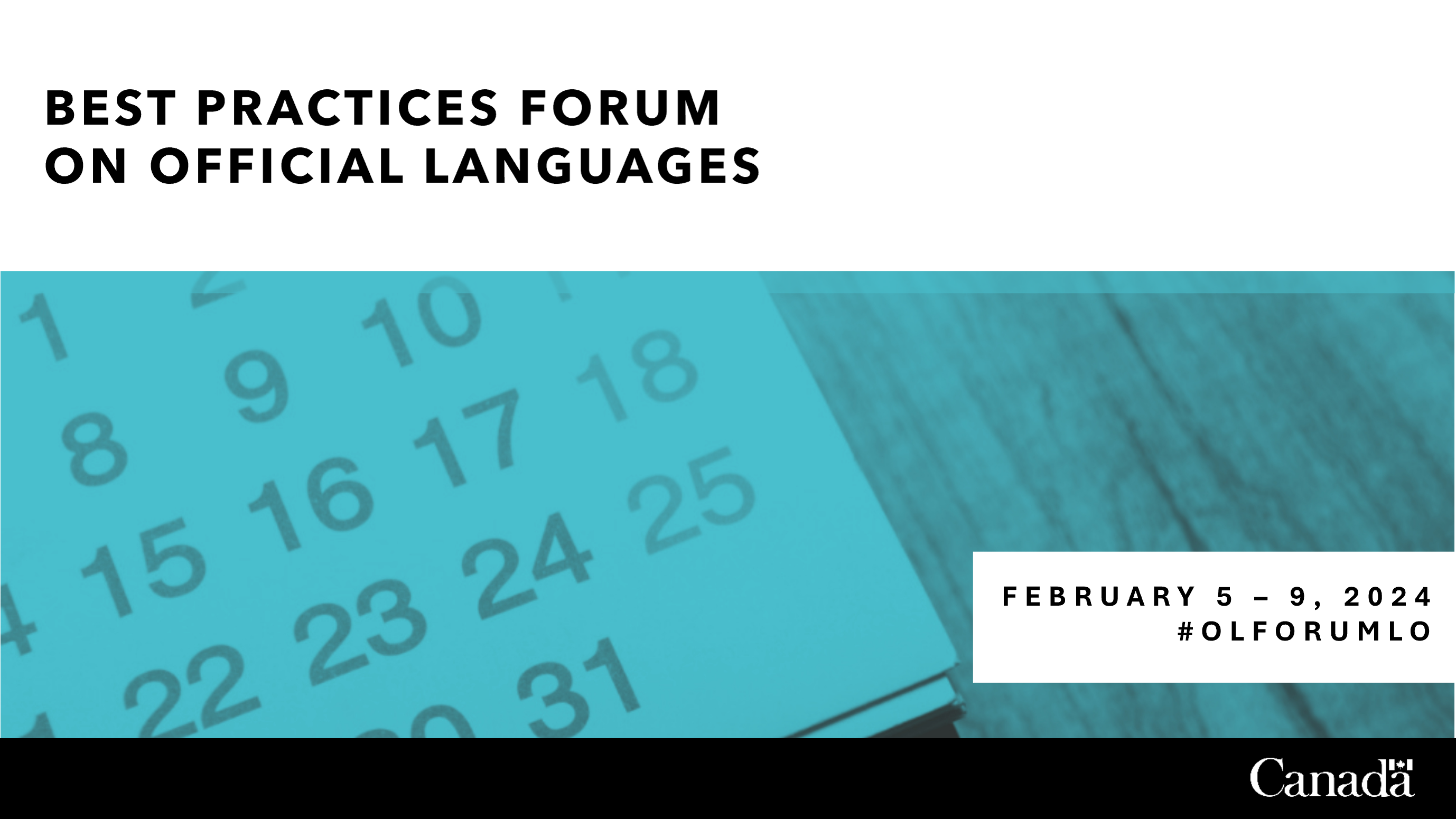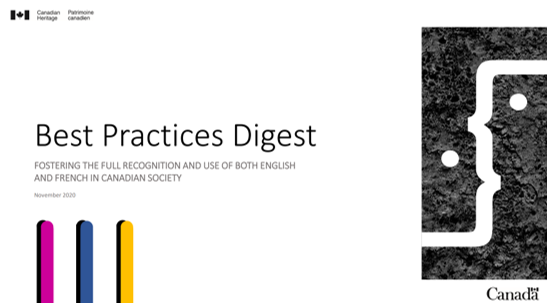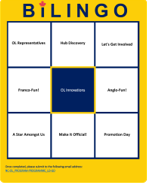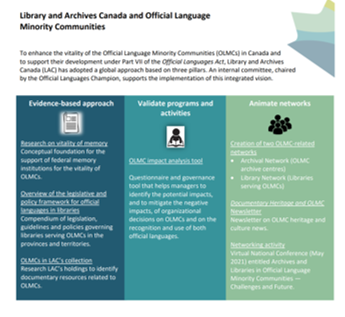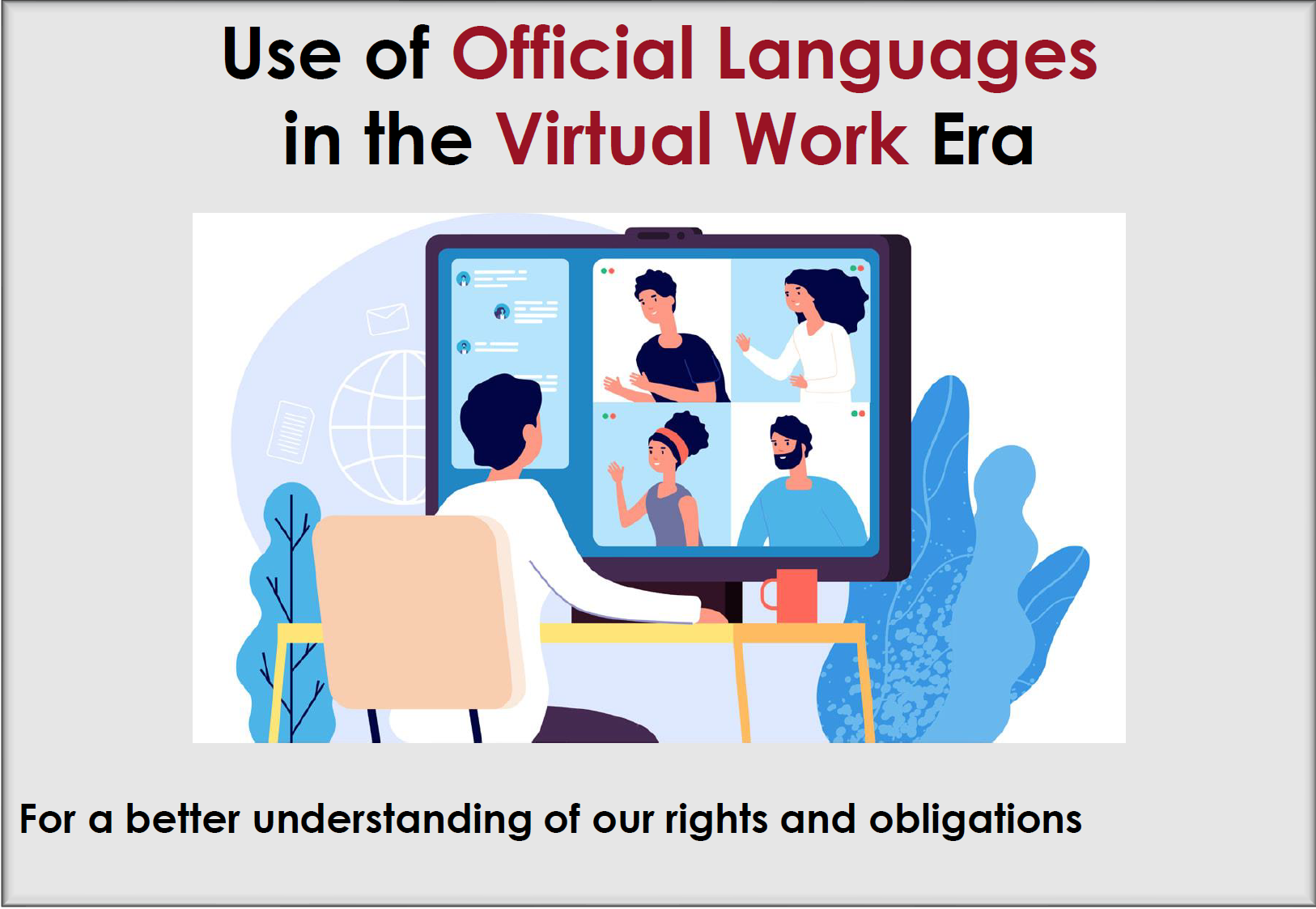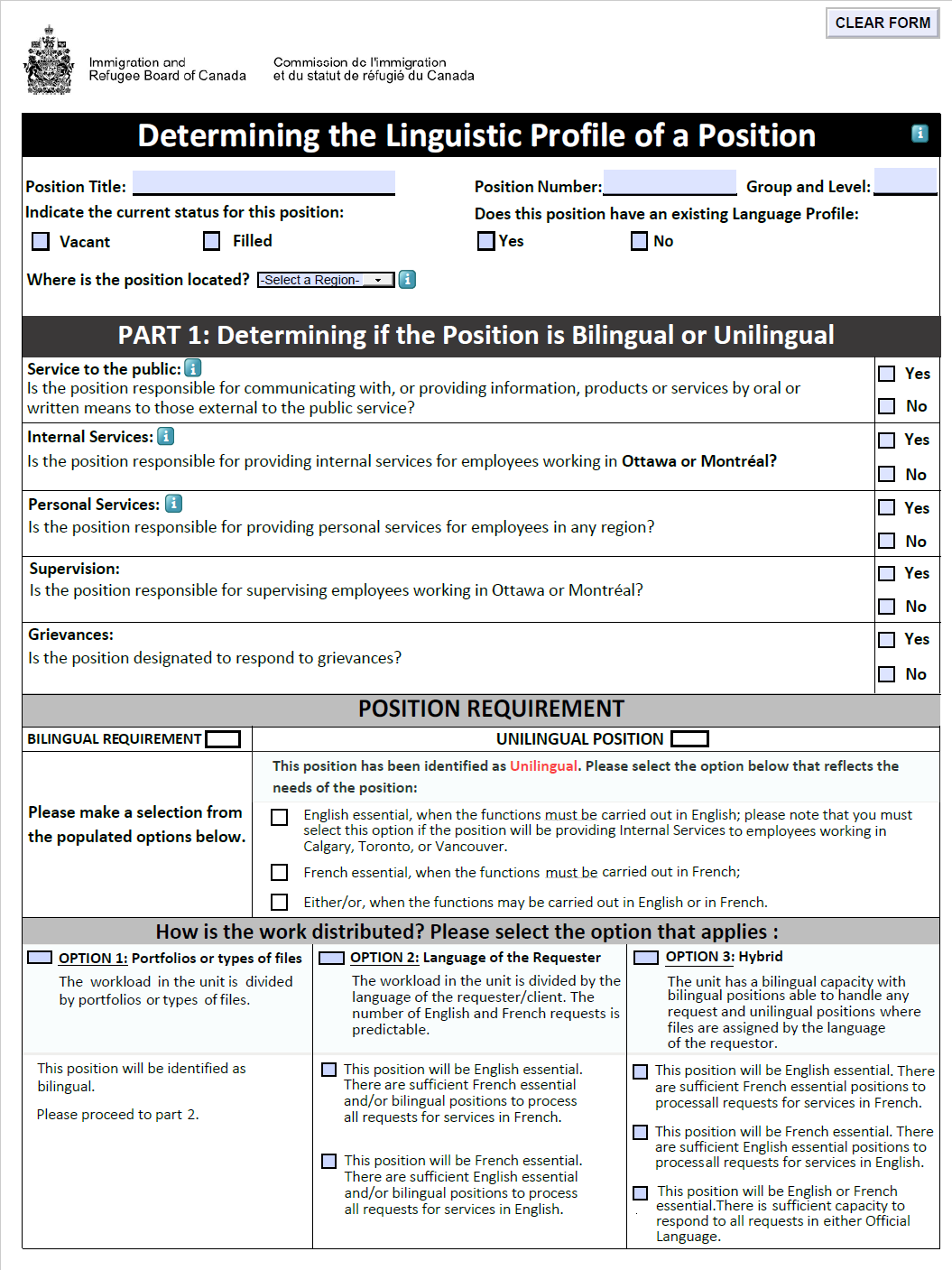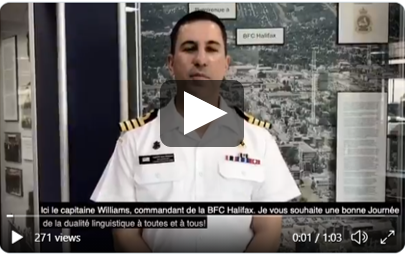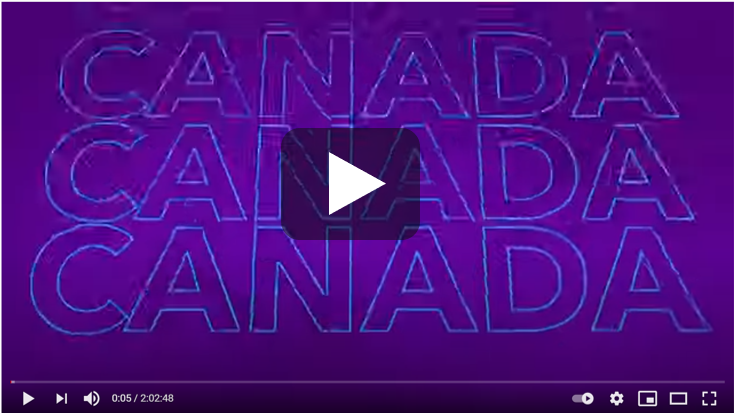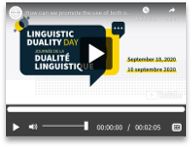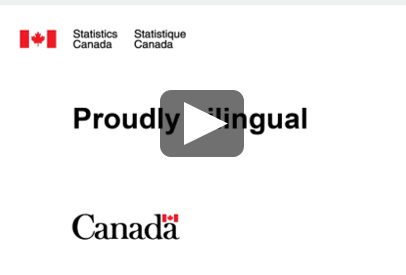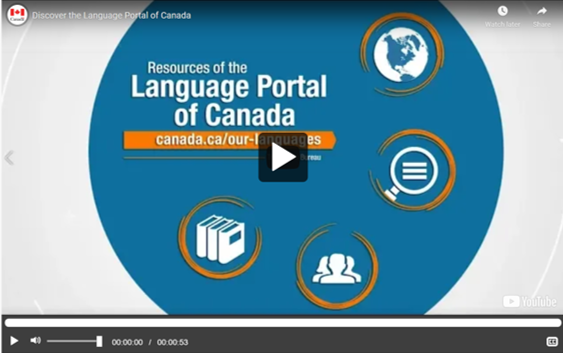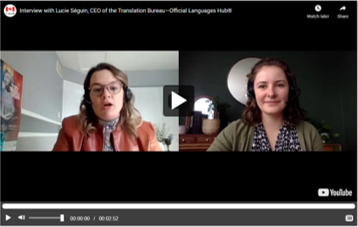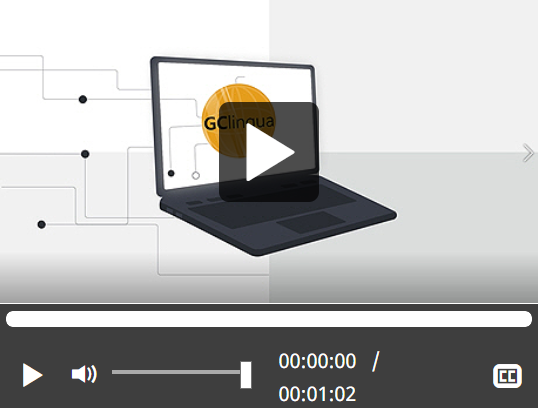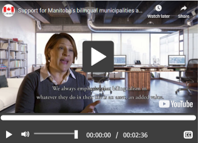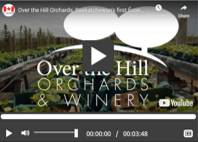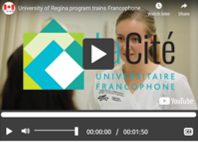Difference between revisions of "Best Practices Forum on Official Languages/Federal Institutions Best Practices"
Anik.sauve (talk | contribs) m |
|||
| Line 34: | Line 34: | ||
|'''[[:en:images/1/15/BAC_approche_CLOSM_EN.pdf|Library and Archives Canada and Official Language Minority Communities]]''' | |'''[[:en:images/1/15/BAC_approche_CLOSM_EN.pdf|Library and Archives Canada and Official Language Minority Communities]]''' | ||
To enhance the vitality of the Official Language Minority Communities (OLMCs) in Canada and to support their development under Part VII of the Official Languages Act, Library and Archives Canada (LAC) has adopted a global approach based on three pillars. An internal committee, chaired by the Official Languages Champion, supports the implementation of this integrated vision. | To enhance the vitality of the Official Language Minority Communities (OLMCs) in Canada and to support their development under Part VII of the Official Languages Act, Library and Archives Canada (LAC) has adopted a global approach based on three pillars. An internal committee, chaired by the Official Languages Champion, supports the implementation of this integrated vision. | ||
| + | <br> | ||
| + | <br> | ||
| + | |||
| + | |- | ||
| + | |[[File:Capturearcenglish.PNG|alt=Image of Library and Archives Canada's initiative|frameless|156x156px|link=https://wiki.gccollab.ca/images/3/38/ARCpratiquesexemplairesenglish.pdf]] | ||
| + | |'''[[:en:images/1/15/BAC_approche_CLOSM_EN.pdf|Library and Archives Canada and Official Language Minority Communities]]''' | ||
| + | During this workshop, we will take the opportunity to introduce you to new tools such as a quiz on official languages and a presentation on the use of official languages in the virtual work era. | ||
| + | These resources aim to demystify some myths and to better understand official language rights and obligations, particularly in a virtual work environment. | ||
<br> | <br> | ||
<br> | <br> | ||
Revision as of 13:10, 28 January 2022
|
BEST PRACTICES Resources
Video Gallery
Watch videos on official languages.
Archived: 2021 ForumResourcesVirtual Language Maintenance Program, Canada Revenue Agency
Watch videos produced by federal employees presenting best practices, as well as videos on official languages. |
